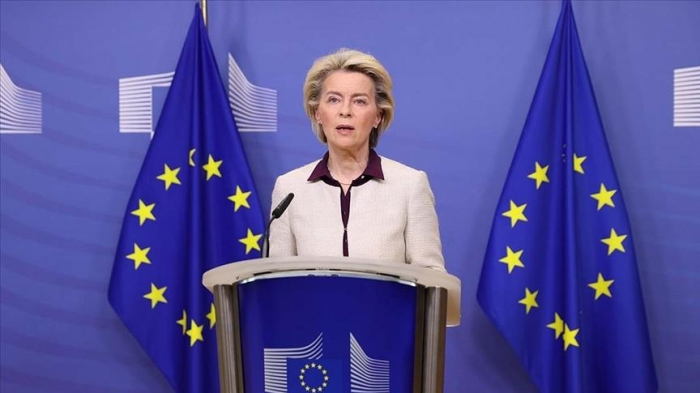“But Europe has been able to compensate all that. We have diversified towards our trusted partners, like for example Norway and the United States. We have increased the savings. And it is good, we achieved in September a reduction of 15 percent. We have filled our storages up to 92 percent. We did not give in to this blackmail. We made it. And I think we can be proud of that. We resisted. That is important. But we also see that resisting Russian energy coercion comes at a price. European families have seen their gas bills skyrocketing. And our companies are struggling to keep up competitiveness. It is not only about the competitiveness in the Single Market – that is also important. But it is also about the global competitiveness that our companies are fighting for,” she said.
Ursula von der Leyen recalled that in March, the Commission proposed to the Council the option to cap gas prices.
“At that time, this did not gain any traction. But today, we are coming back to this. So what is the model? The current benchmark determining gas prices is TTF. TTF is only focused on pipeline gas. What we see now is that the market has really changed, from a pipeline gas market to a LNG market. So we need a new, a specific price benchmark for LNG. The Commission will now develop this complementary benchmark together with the European regulator. But this takes time. So in the meantime, as a stop-gap measure, we will limit prices at TTF. We call this the market correction mechanism. Yesterday, we proposed guiding principles as a first step. On this basis, we will prepare the operational mechanism in a second step. This is concerning the price cap at wholesale level,” she said.
More about:















































